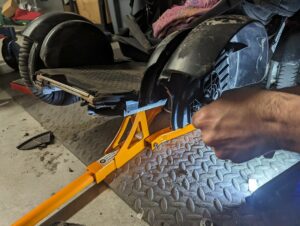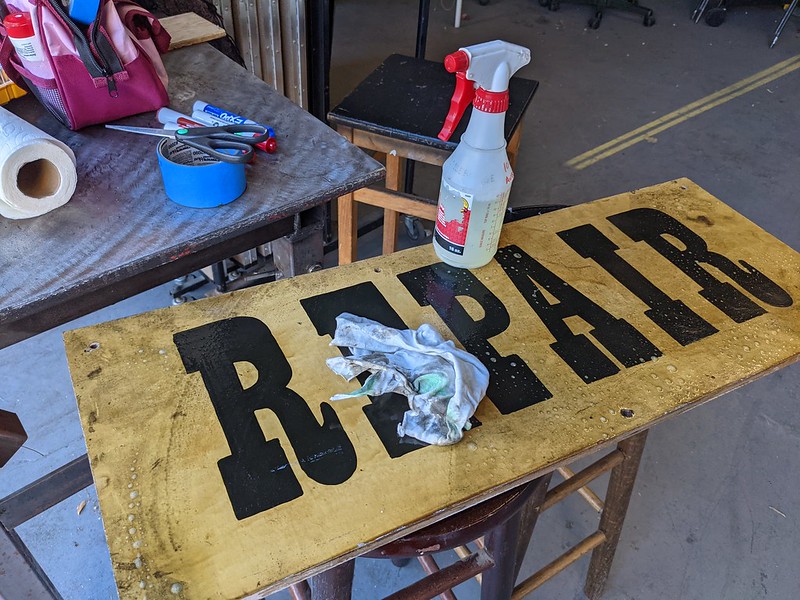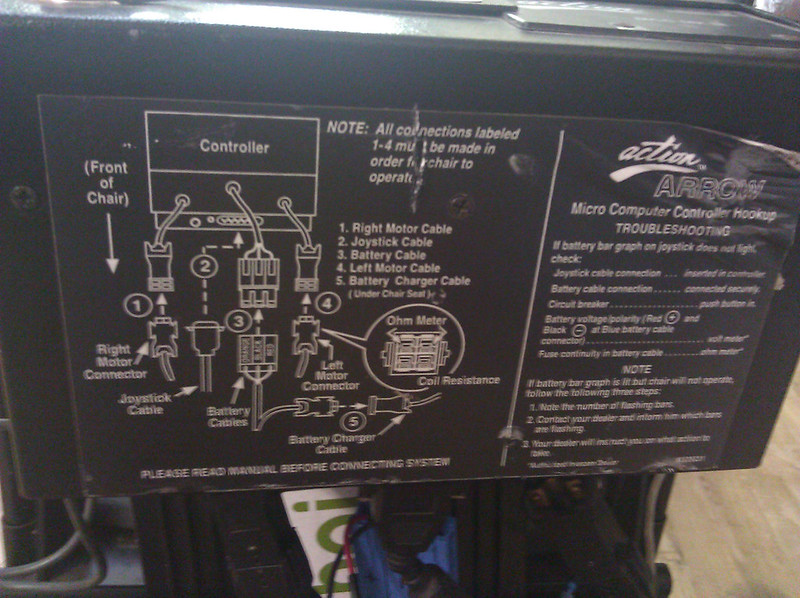MARK YOUR CALENDARS!
December 12
2:00-3:00 PM, Pacific Time
The CIL’s partners at the DONetwork are proud to put on this educational webinar explaining the ins and outs of the new Power Wheelchair Right to Repair law in California.
Please register here: https://tinyurl.com/DOnetworkSB1384
The DOnetwork will be producing a public education webinar for SB 1384, the “powered wheelchair right to repair” bill, sponsored by Sen. Dodd. This legislation becomes law on January 1, and it has impacts that will increase the ability for independent repair shops and individuals to access parts and equipment to make repairs on powered wheelchairs.
Here’s an overview of what will be covered:
Invited panelists include State Senator Bill Dodd, Capitol Staff Ana Vazquez, a representative from NCART – the association for providers of power chairs and complex rehab technology, and a consumer.


